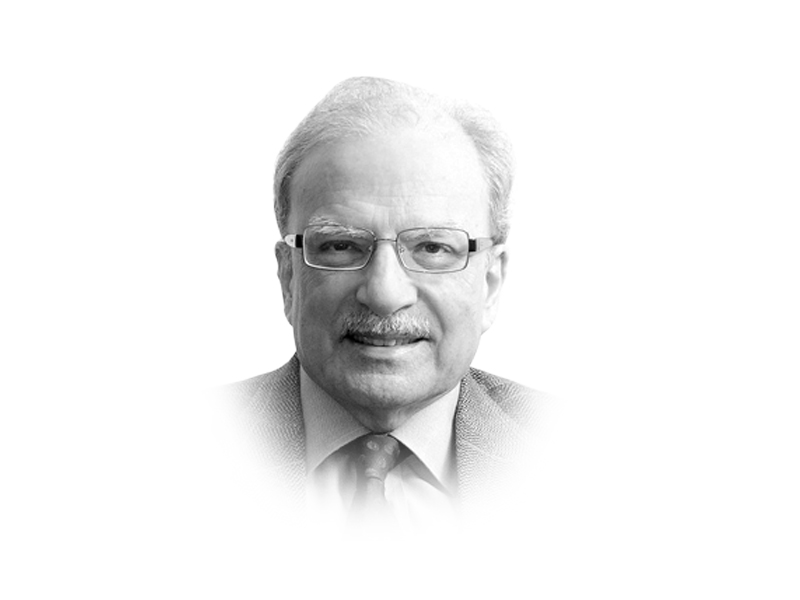
This thinking was enshrined in what came to be called the Washington Consensus. The approach was totally different from the one pursued by most of South Asia, in particular by Jawaharlal Nehru’s India and Zulfikar Ali Bhutto’s Pakistan.
As some of the recent writings on globalisation have stressed, there is now discontent with the process and it is inspired by the increase in inequality within countries. Three types of inequalities have produced concerns and they are generally attributed to globalisation. Disparities in incomes, wealth and opportunities have increased to the levels at which they have become central to political discourse. This is the case in particular in the United States and the United Kingdom.
At this time, the Americans are deeply involved in the process of electing the successor to President Barack Obama. Donald Trump, the Republican aspirant for the presidency, has fashioned his campaign to draw upon the anger among one segment of the population. The low-income white population has lost in the economic race. They have lost jobs to countries such as China and have been attracted to the Trump camp.
On the opposite side of the political spectrum, Senator Bernie Sanders sensed an opportunity in the lack of comfort the youth feels about the way they and their nation are being governed. Sanders is promising a “revolution” to gain the support of the disgruntled youth for his campaign to represent the Democratic Party in the election. His revolution will significantly enlarge the role of the state with the government paying for college education in public institutions and healthcare for all citizens.
The influx of workers from Eastern Europe in the UK has also caused a great deal of concern among low-income British earners. Their resentment has been tapped by the leaders who were never comfortable with Britain becoming part of the European Union. Prime Minister David Cameron has promised to hold a referendum in June this year, which may result in London exiting from the Union.
These stresses in the global system are being felt by the countries that benefited from globalisation. The countries in the eastern part of Europe took advantage of the Schengen system. South Asia, in general, and Pakistan, in particular, did not see their economies globalised. Pakistan’s share in both international trade and in foreign direct investment has declined. However, as revealed by the Panama Papers, the easing of restrictions on movement has resulted in the creation of scores of foreign accounts by wealthy Pakistanis who wish to hide their incomes and wealth from the tax authorities. Access to these funds lowers the share of national income that goes into government coffers. There are two consequences of this type of development. The government has less to spend on the services people need. It also increases the tax burden on the relatively less well-to-do segments of the population. Both have happened in Pakistan.
There were both, external and internal reasons why Pakistan did not become globalised. The rise of extremism and associated terrorism discourages foreign participation in the country’s progress. The country will not benefit from external contacts as long as there is a sense that it cannot provide security for capital and investors. Finally, there needs to be greater domestic interest in the economy. If Pakistan’s rich and powerful are more interested in keeping their wealth outside the country’s borders, foreign capital is not likely to be attracted.
Published in The Express Tribune, April 18th, 2016.
Like Opinion & Editorial on Facebook, follow @ETOpEd on Twitter to receive all updates on all our daily pieces.

1736747713-0/Untitled-design-(34)1736747713-0-165x106.webp)
1736745533-0/fizza-(9)1736745533-0-165x106.webp)


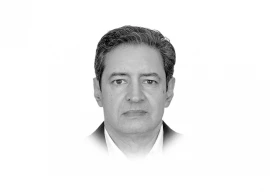





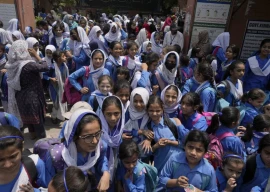


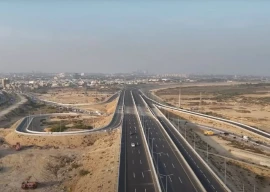
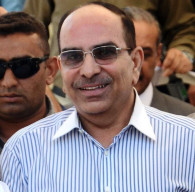



COMMENTS (4)
Comments are moderated and generally will be posted if they are on-topic and not abusive.
For more information, please see our Comments FAQ